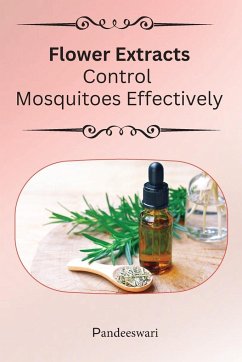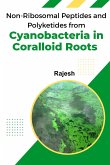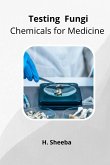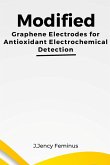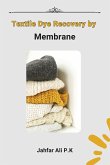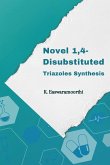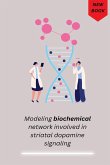Mosquitoes are responsible for transmitting a range of diseases, including malaria, dengue fever, and Zika virus. Mosquito control is essential to reduce the spread of these diseases. Traditional mosquito control methods have relied on the use of chemical insecticides. However, the overuse of chemical insecticides has led to the development of insecticide resistance and environmental concerns. Therefore, there is a growing need for alternative and sustainable mosquito control methods. The larvicidal activity of NERIUM OLEANDER LINNAEUS (APOCYNACEAE) flower extracts against Aedes aegypti, Anopheles stephensi, and Culex quinquefasciatus has been studied. The study found that flower extracts have larvicidal activity against these mosquitoes and can control them effectively. The natural insecticides found in flower extracts are plant-based and therefore are considered to be environmentally safe and sustainable. The use of flower extracts as natural insecticides is an innovative approach to mosquito control. The plant-based insecticides offer a sustainable alternative to chemical insecticides, which can have harmful effects on the environment and human health. The botanical extracts are made up of plant secondary metabolites such as phytochemicals, flavonoids, saponins, alkaloids, terpenoids, quassinoids, and coumarins. These bioactive compounds have insecticidal properties and are toxic to mosquito larvae. The efficacy of flower extracts as mosquito larvicides has been demonstrated through toxicity testing, dose-response experiments, and mortality rate calculations. The study has shown that flower extracts have larvicidal activity against mosquito larvae and can be used in mosquito control programs. The use of flower extracts in integrated vector management (IVM) programs can help reduce the use of chemical insecticides and promote sustainable pest management. In conclusion, the use of flower extracts as natural insecticides for mosquito control is a promising approach. The use of plant-based insecticides can offer a sustainable alternative to chemical insecticides, which can have harmful effects on the environment and human health. Further studies are needed to investigate the use of flower extracts in IVM programs and their potential impact on public health.
